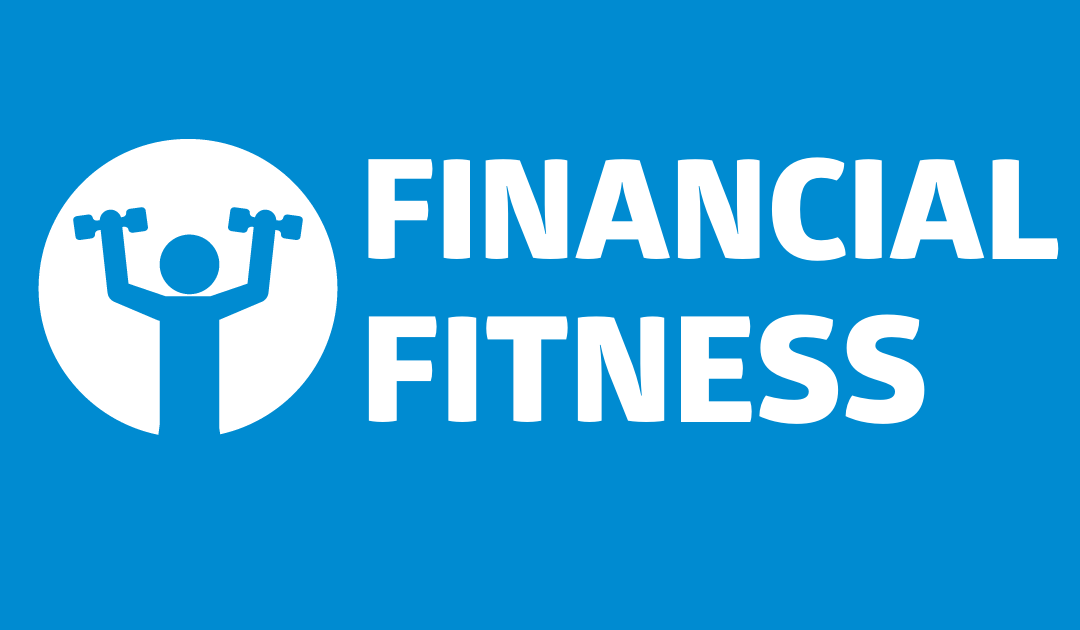By Charlestien Harris
As a new homeowner or a first-time home buyer, one piece of important information that can be overlooked is the filing of the homestead exemption. Any homeowner can suffer a major loss, like the loss of a spouse or other financial setbacks, and risk losing their home as a result. That’s where the homestead exemption can help and quite possibly save the house.
Homestead tax exemptions shelter a certain dollar amount or percentage of home value from property taxes. They are called “homestead” exemptions because they apply to primary residences, not rental properties, or investment properties.
Some states exempt a certain percentage of a home’s value from property taxes, while other states exempt a set dollar amount. How the exemption is applied, and how much protection it affords against creditors varies by state. The homestead exemption is an automatic benefit in some states while, in others, homeowners must file a claim with the state to receive it.
A homestead tax or property tax is typically applied to homes based on the assessed value of the property by the local government tax assessor’s office. The homestead tax can be a percentage of the property’s value or a fixed amount. Property taxes are one of the primary ways local governments collect money and are paid based on how much your home is worth. Homestead exemptions reduce the total amount of property value subject to taxation.
Homestead exemptions can vary by state: twenty-five states offer exemptions to everyone, while others offer exemptions only to people with disabilities, the elderly, or those who fall into other categories. To qualify for homestead exemption, homeowners must occupy the property as their permanent residence. Homestead exemption cannot be claimed for any other property that may be located elsewhere.
In general, a homeowner can qualify for a property tax exemption under the following scenarios: the individual owned the home by the end of the year prior to taxes being due, the individual lives in the home, the individual has negative financial issues that could lead them to losing the home, and finally the individual is at least 61 years old the year he or she applies for the exemption, or is suffering from a disability or is a military veteran who was disabled in the course of duty.
Once a homeowner qualifies for a property tax exemption, that exemption is final, and the homeowner no longer pays the exempted property taxes– ever. Additionally, a property tax exemption means no tax liens are levied on the property, even as it lowers the homeowner’s tax burden on the property. Also note that once you have the property tax exemption locked in, property taxes on the house also can’t be levied against the rising value of your home. Your home’s value is basically frozen under a property tax exemption, and the asset level it’s valued at will be the guideline for any property taxes assessed.
So, how do you apply for a homestead exemption? To begin the process of filing for homestead tax exemptions, visit your county or local tax assessor’s office or website. Some states require you to fill out an application. Make sure you comply with your state’s application deadlines. Also beware of scams because there is no fee for completing an application.
When you do apply, you’ll need to have documented proof you own the home. A copy of the property’s deed will do, as will a tax bill or a mortgage bill. You might want to include all three documents. You may also need to provide proof you still reside in the home. Some examples of documents that show you live in the home are a voter registration card in your name or a U.S. federal or state tax return. Personal identification may also be required. Such examples are a valid social security card or number on a tax return or other government document, your driver’s license and/or passport if you’re a senior citizen.
Southern Bancorp Community Partners is a HUD-approved housing counseling agency and we have five HUD Certified housing counselors on staff located in Arkansas and Mississippi. For more information on this and other financial topics email me at Charlestien.harris@southernpartners.org. You can also call me at 662-624-5776. Until next week, stay financially fit!

